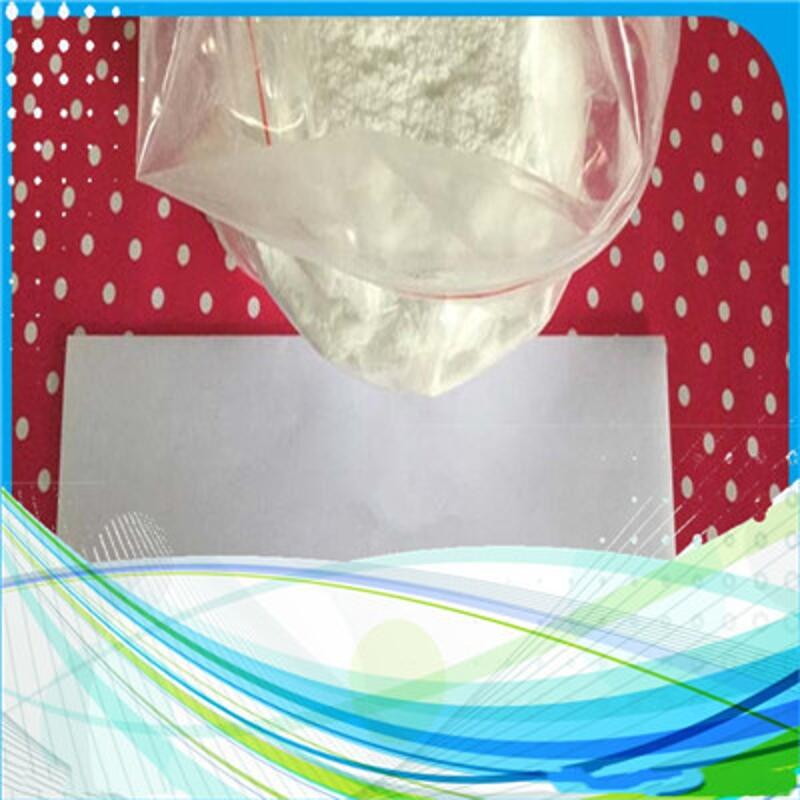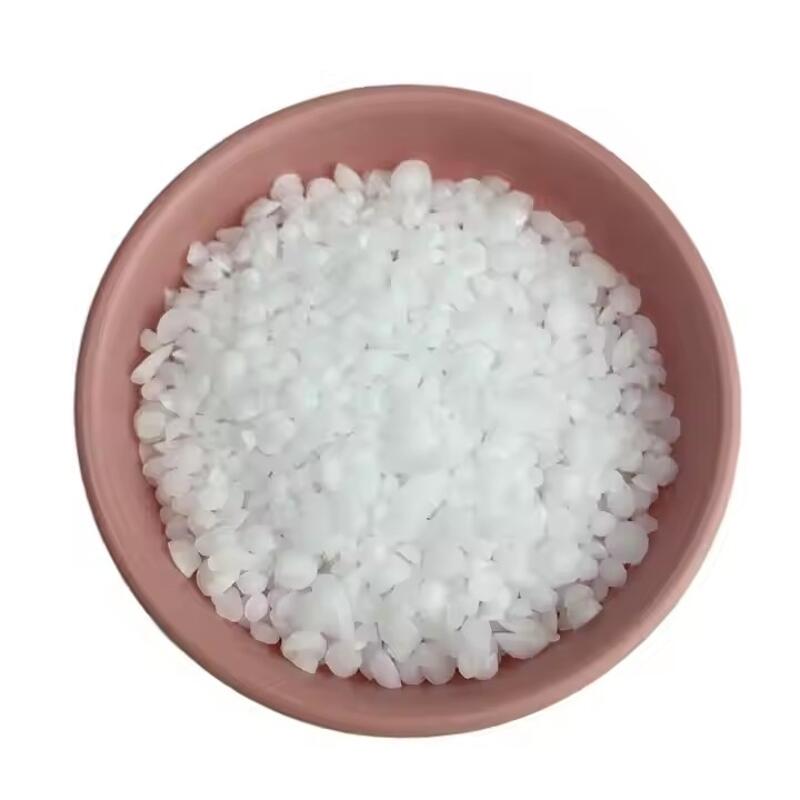Bio enzyme gel breaking technology to fill the blank of domestic petroleum production
-
Last Update: 2006-07-21
-
Source: Internet
-
Author: User
Search more information of high quality chemicals, good prices and reliable suppliers, visit
www.echemi.com
Oil production process includes drilling, completion, fracturing and other procedures In these procedures, drilling fluid, completion fluid, fracturing fluid and other working fluids shall be used In these working fluids, a kind of biopolymer called xanthan gum is often added to increase the viscosity to ensure the normal operation of oil exploitation In order to protect the oil layer, after these works are finished, the working fluid with great viscosity must be returned to the ground At this time, xanthan gum becomes a "double-edged sword", and its viscosity hinders the return of the working fluid The research team led by Yi Shaojin, Professor of the school of chemistry and environmental engineering of Changjiang University, based on the research results abroad, has made in-depth study on the technology of breaking gel with biological enzyme at low temperature After one year's efforts, it has finally developed the biological breaking enzyme The results show that the viscosity of xanthan gum can be reduced by 80% ~ 90% in 4 ~ 8 hours when the temperature is lower than 60 ℃ In general, chemical method is used to reduce viscosity of xanthan gum in high temperature oil field Although this method is effective, it has potential safety hazards and will damage the environment In low-temperature oilfields, chemical method is generally not used to break the gel, because the effect of this method will be greatly reduced when the formation temperature is lower than 60 ℃ Therefore, the research and development of new gel breaking technology has become a research topic of great concern to scientists in the field of petroleum In the 1990s, scientists in the United States used biotechnology to solve the problem of xanthan gum breaking at low temperature Its products have entered the market, but due to monopoly production, the price is very expensive At the same time, due to import restrictions, only one or two domestic oil fields are used in a small amount According to Yi Shaojin, compared with chemical gel breaking technology, biological enzyme gel breaking technology has obvious advantages of simple construction, high efficiency, safety, environmental protection, etc There are many low temperature oil fields in China, and gel breaking technology has been bothering these fields Some of these oilfields use other tackifiers to replace xanthan gum, some use chemical methods to break gum, but these methods not only have poor effect and pollute the environment, but also cause formation damage and affect oil production However, this biological enzyme gel breaking technology has solved the problem of gel breaking in domestic low-temperature oil field and filled in the domestic blank.
This article is an English version of an article which is originally in the Chinese language on echemi.com and is provided for information purposes only.
This website makes no representation or warranty of any kind, either expressed or implied, as to the accuracy, completeness ownership or reliability of
the article or any translations thereof. If you have any concerns or complaints relating to the article, please send an email, providing a detailed
description of the concern or complaint, to
service@echemi.com. A staff member will contact you within 5 working days. Once verified, infringing content
will be removed immediately.







